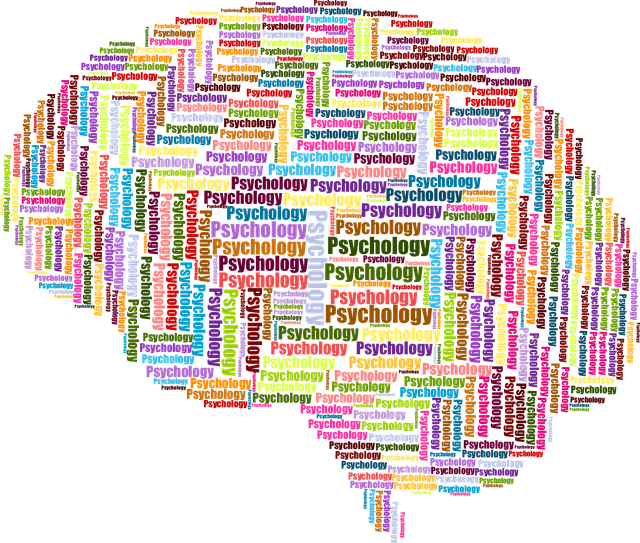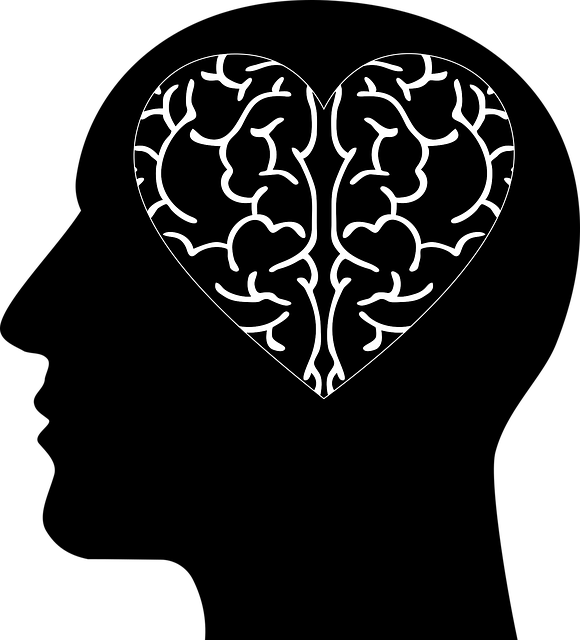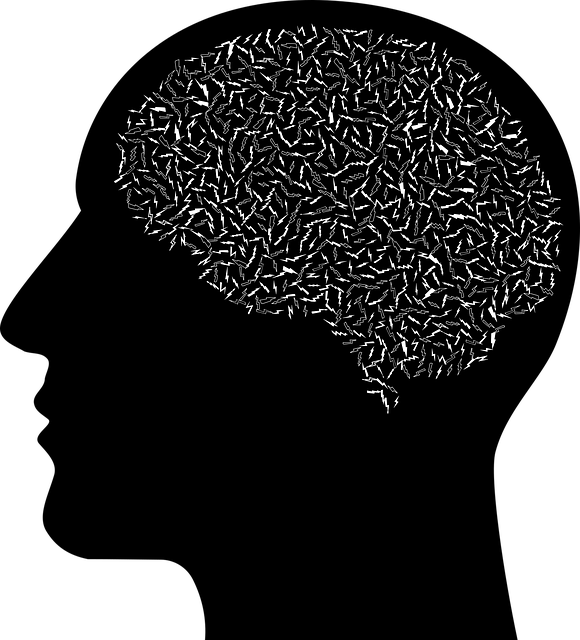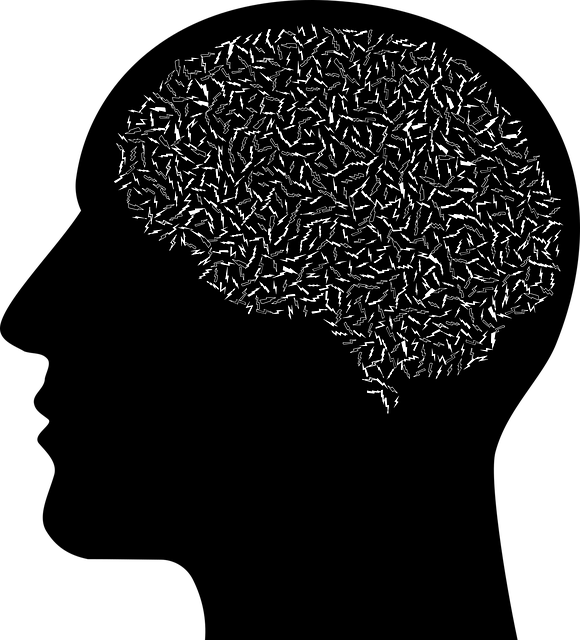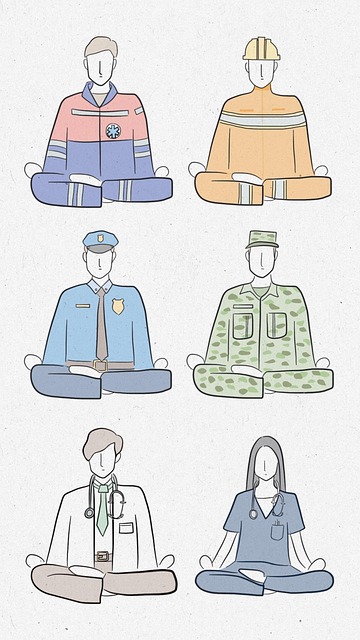Understanding loss, grief, and bereavement involves recognizing and processing complex emotions like sorrow, anger, and guilt, which can be particularly challenging for individuals with Castle Rock Oppositional Defiance Disorder (CROD). Early intervention is crucial to maintain mental health. CROD therapy, self-care routines, and mental wellness journaling can greatly aid in navigating these emotions and fostering resilience. This holistic approach, including professional counseling, group support, and skills training, enables individuals to heal from profound loss and develop emotional intelligence for personal growth.
Loss, grief, and bereavement are profound experiences that can profoundly impact an individual’s mental health. This comprehensive guide explores these complex emotions, from understanding the unique process of grief to recognizing signs of distress. We delve into innovative therapeutic approaches like Castle Rock Oppositional Defiance Disorder (CROD) Therapy, offering new paths for navigating difficult feelings. Learn effective strategies to cope with grief and discover methods for finding healing and restoration after loss.
- Understanding Loss, Grief, and Bereavement: A Comprehensive Overview
- The Impact of Loss on Mental Health: Recognizing the Signs
- Castle Rock Oppositional Defiance Disorder (CROD) Therapy: An Approach to Navigating Complex Emotions
- Effective Strategies for Coping with Grief and Finding Healing
Understanding Loss, Grief, and Bereavement: A Comprehensive Overview

Understanding loss, grief, and bereavement is a multifaceted process that involves recognizing and processing complex emotions. Loss can manifest in various forms, from the death of a loved one to significant life changes, such as divorce or job transitions. Grief, on the other hand, is the natural reaction to this loss, characterized by feelings of sorrow, anger, guilt, and confusion. It’s not a linear process; grief can be unpredictable, with waves of intense emotion mixed with periods of relative calm.
Bereavement, often used interchangeably with grief, specifically refers to the period after a significant loss. During this time, individuals may experience profound sadness, isolation, and even physical symptoms like fatigue and insomnia. Seeking Castle Rock Oppositional Defiance Disorder therapy can be immensely beneficial for those struggling with these complex emotions. Incorporating self-care routine development for better mental health and engaging in mental wellness journaling exercises guidance can also aid in navigating the challenging landscape of grief and fostering resilience. Mental health awareness is crucial, as recognizing and addressing these feelings early on can significantly impact overall well-being.
The Impact of Loss on Mental Health: Recognizing the Signs

Loss, grief, and bereavement can significantly impact an individual’s mental health, often exacerbating existing conditions or triggering new ones. When a loved one passes away, the emotional trauma can lead to a range of symptoms that affect daily functioning. It is essential for Castle Rock Oppositional Defiance Disorder (ODD) therapy professionals to recognize these signs, as loss-related distress may present unique challenges for individuals with ODD.
The impact of loss on mental health is multifaceted. Common reactions include intense sadness, anger, guilt, and anxiety. Those struggling with grief may experience difficulty concentrating, changes in appetite, sleep disturbances, and even physical symptoms like fatigue or headaches. In some cases, prolonged or severe grief can develop into clinical depression or post-traumatic stress disorder (PTSD). Professionals should be vigilant in identifying these signs, especially when working with vulnerable populations. Effective risk management planning for mental health professionals involves staying attuned to clients’ emotional well-being promotion techniques and integrating anxiety relief strategies into treatment plans, ensuring comprehensive support during times of loss.
Castle Rock Oppositional Defiance Disorder (CROD) Therapy: An Approach to Navigating Complex Emotions

In the realm of counseling, especially when addressing complex grief and bereavement, Castle Rock Oppositional Defiance Disorder (CROD) Therapy emerges as a innovative approach. This therapy recognizes that individuals experiencing loss often grapple with a myriad of intense emotions, including anger, guilt, and depression. CROD therapy goes beyond traditional coping mechanisms by focusing on helping clients develop emotional intelligence, fostering positive thinking, and providing trauma support services tailored to their unique needs.
By delving into these complex emotions, CROD therapy enables individuals to navigate the labyrinthine process of bereavement in a healthier manner. This approach empowers them to understand and manage their feelings, ultimately leading to healing and personal growth despite the profound nature of their loss.
Effective Strategies for Coping with Grief and Finding Healing

Coping with grief is a highly personal journey, but there are effective strategies that can aid in the healing process. One such approach is seeking professional counseling from a skilled therapist who specializes in bereavement support. Through Castle Rock Oppositional Defiance Disorder Therapy (CRODT), individuals can learn to navigate their emotions and challenges associated with loss. CRODT techniques help clients manage symptoms of grief, including oppositional behavior often seen in children or adolescents struggling with unprocessed trauma or anxiety.
In addition to individual therapy, group support sessions can provide a safe space for sharing experiences. Social Skills Training and Stress Management Workshops led by professionals offer valuable tools for coping with grief-related stress and anxiety relief. These workshops teach practical strategies to enhance emotional resilience, improve communication, and navigate social situations, fostering a sense of community and support during the healing journey.
Loss, grief, and bereavement counseling are essential components in healing from profound emotional pain. By understanding these complex processes and recognizing their impact on mental health, individuals can navigate difficult emotions effectively. Castle Rock Oppositional Defiance Disorder (CROD) therapy offers a unique approach to coping with loss, providing tools to manage complex feelings and fostering personal growth. Through a combination of strategies, support, and specialized treatment like CROD therapy, one can find solace and hope during times of profound change and sorrow.


